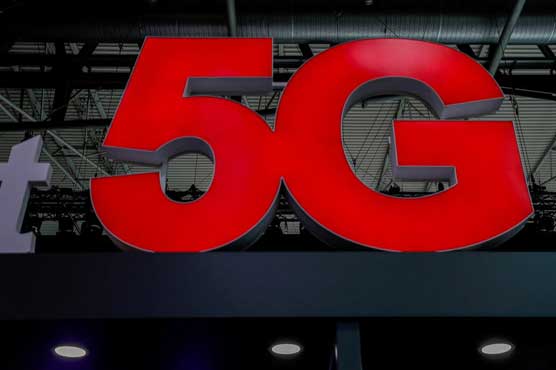German network regulator details 5G auction terms: document

The auction for the 5G spectrum licenses is planned for early 2019.
BERLIN (Reuters) - Mobile phone operators will not be required to cover all of Germany when rolling out fifth-generation services over the next decade, according to documents from the country’s network agency that lay out terms for a planned 5G auction.
The documents by the Bundesnetzagentur (BNetzA), seen by Reuters, show that at least 98 percent of German households need to be supplied with a high-speed connection of 100 megabits per second by the end of 2022.
The auction for the 5G spectrum licenses is planned for early 2019.
The three existing operators - Deutsche Telekom, Vodafone and Telefonica Deutschland - have said in the past that supplying all of Germany would difficult to achieve.
Germany’s antitrust regulator last week called for a fourth mobile operator to enter the market for the 5G auction, rebutting arguments from the Big Three established players that more competition would hit investment.
The intervention by cartel office chief Andreas Mundt underscored concerns that market concentration has left Europe’s largest economy lagging its rivals in the race to build connected factories or put self-driving cars on the road.
According to the BNetzA documents, mobile operators do not have to provide access to the 5G network to low-cost service providers. They can also choose whether they want to supply rural areas via so-called roaming.
German business daily Handelsblatt, which had earlier reported the auction details, also said that at least 50 megabits per second must be available for busy regional and long-distance railroad traffic lines.


